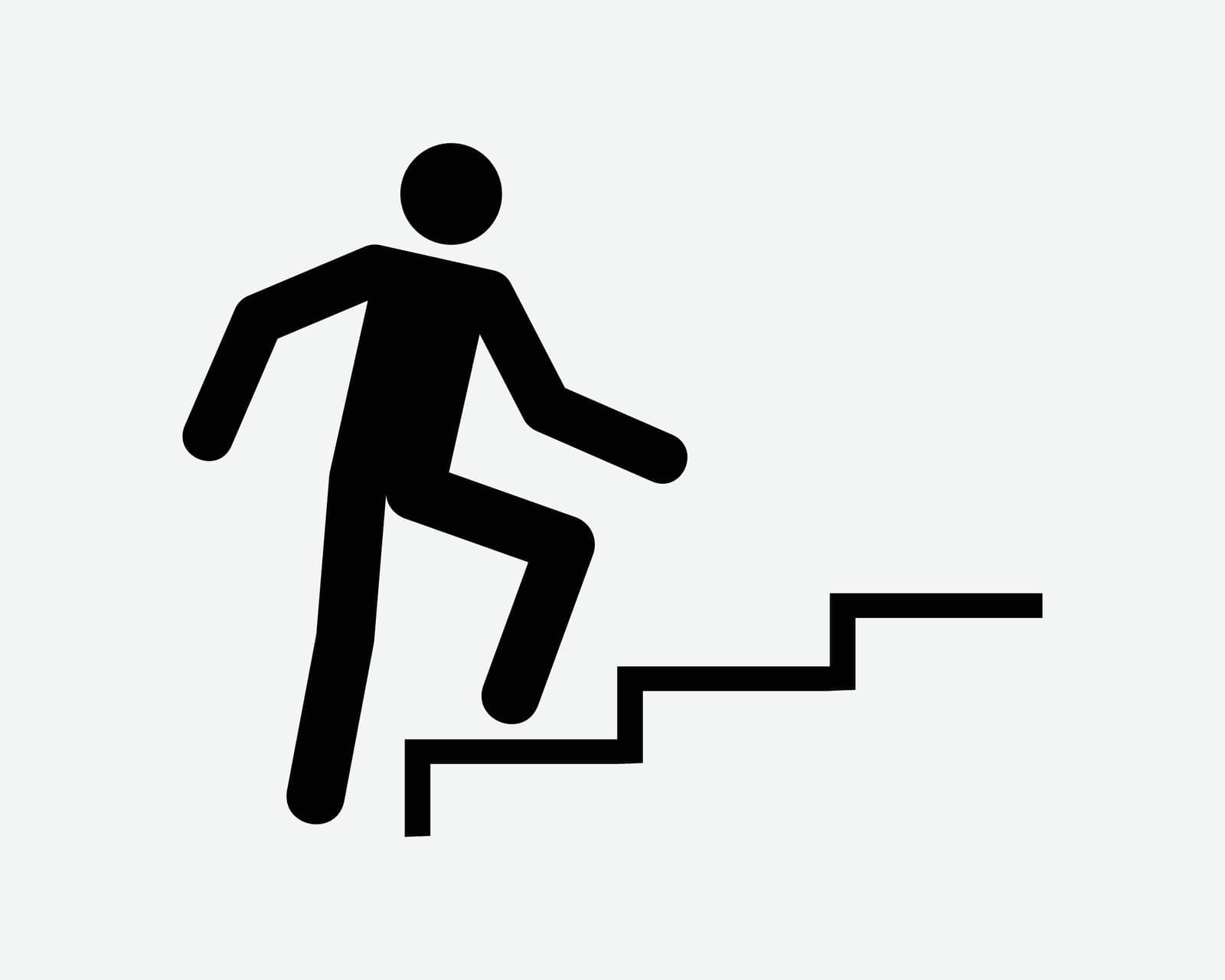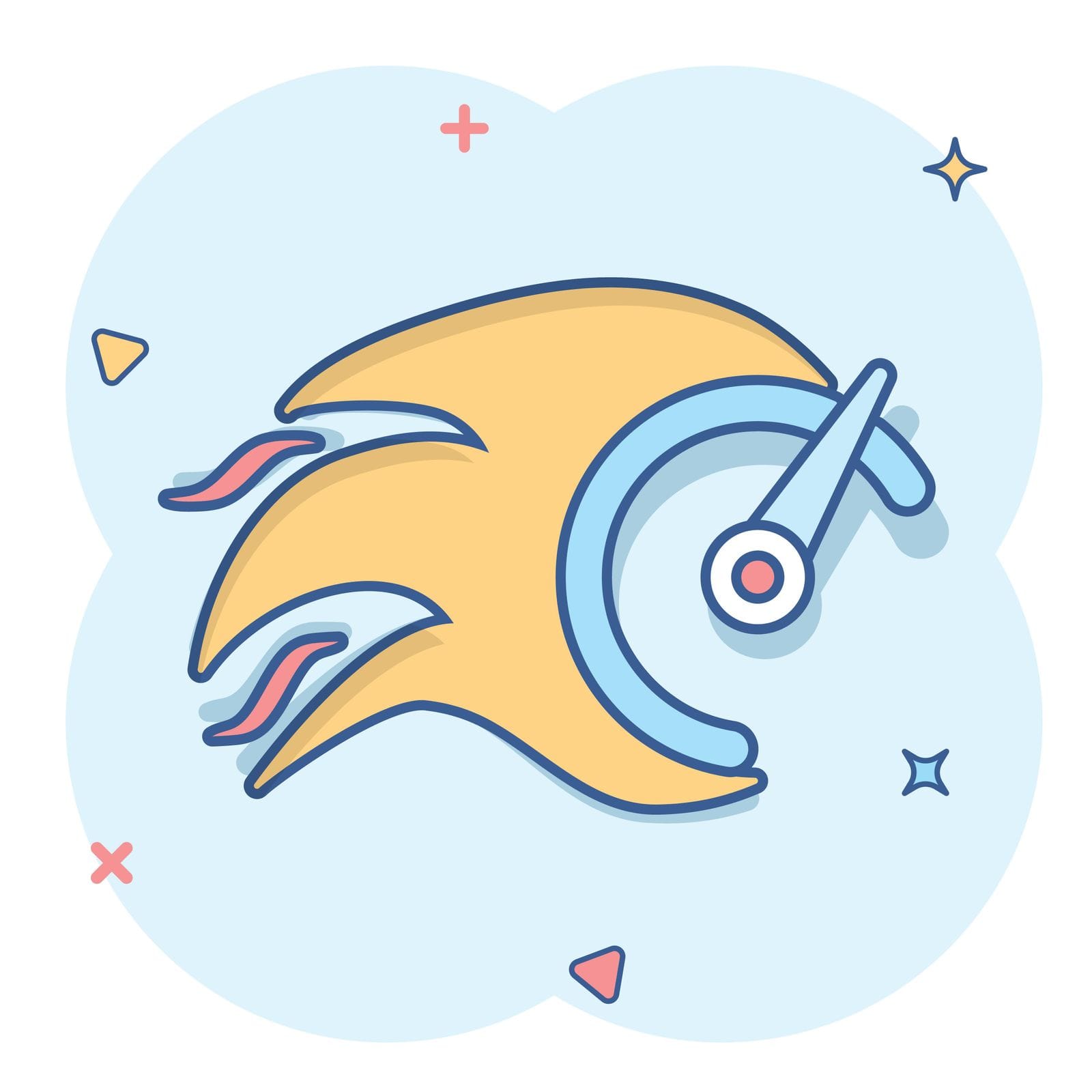How Long Does It Take to Master a New Language? A Comprehensive Guide for Language Learners.
• public
We all know embarking on the journey of learning a new language opens doors to new cultures, experiences, and opportunities. Yet, a frequently asked question among potential language learners is, 'How long does it take to actually learn a new language?'
You might even be wondering about whether learning a foreign language is even worth the effort. After all, it does require a bit of time to learn any new skill.
And it's smart to question if you even have the time to dedicate to learning a new language. After all, the time it takes to learn a language is a crucial factor that could influence your decision to pursue fluency in whatever target language you choose.
Here's the shortest answer I can give you...
The amount of time it takes to learn a new language can range anywhere from several months to several years, depending on a variety of factors. On average, it's estimated that it takes an adult learner between 480 and 720 hours of active study and practice to reach proficiency in a new language. This timeline can be influenced by the difficulty of the language, the learner's prior language experience, the intensity of the learning program, and the learner's personal motivation and dedication. For languages considered "easy" for native English speakers, such as Spanish or French, the timeline may be on the shorter end, while more challenging languages like Mandarin Chinese or Arabic can take significantly longer. Regardless of the language, consistency and daily practice are key to making steady progress and achieving fluency.
But most people that teach language will tell you that providing a precise answer is challenging, and so this article aims to explore the factors that might influence the time it might take you to master a new language. By the end, you should know what to expect as you navigate your language learning journey.

The Journey to Language Fluency: An Overview
Language learning is a complex process that varies widely among individuals. It is influenced by several factors, including the learner's aptitude, resources, learning methods, and the specific language being learned. The average time it takes to learn a language can range from a few months to several years, depending on the language difficulty and language aptitude of the person learning it .
The U.S. Foreign Service Institute (FSI) offers a rough estimate for several languages, suggesting that achieving fluency in a new language requires between 400 and 2200 hours of study and practice depending on the target language and the mother tongue of the person learning it. However, the actual hours to learn a language may vary based on individual circumstances and learning strategies.

Determining Factors in Language Learning Duration
1. Language Complexity
The complexity and structure of the language being learned significantly influence the mastery time. The FSI categorizes languages into five levels of difficulty for native English speakers. For instance, languages like Spanish and Dutch are considered easier, requiring about 600 hours of study, while more complex languages such as Arabic and Chinese demand up to 2200 hours.
2. Desired Level of Proficiency
The level of proficiency you aim to achieve also impacts the learning duration. Aiming for basic conversational skills will require fewer hours compared to striving for business or professional-level proficiency. For example, achieving a 'tourist level' proficiency might need around 80 to 100 hours, whereas professional proficiency could require up to 2200 hours of dedicated study.
3. Learning Approach and Methods
The approach and methods used in learning a language greatly affect the time required. Intensive, focused study sessions can lead to quicker progress than sporadic, unfocused efforts. Employing effective strategies like spaced repetition, immersive learning, and effective language learning courses can also expedite the learning process.
4. Personal Aptitude and Motivation
Personal aptitude, including cognitive abilities such as memory and perception, plays a role in the speed of language learning. However, motivation is often a more significant factor. A highly motivated learner is likely to invest more time and effort, leading to quicker progress and a more productive learning experience.
Extroverted learners are also likely to learn languages faster, as they tend to speak out more in the language they're learning. Plus they're less likely to be deterred by their mistakes when practicing their new language.
5. Prior Language Learning Experience
If you've previously learned a foreign language, especially one similar to the language you're currently tackling, you may find the process quicker. This is because many skills acquired during language learning are transferable, making learning another language much easier the second time around.

The Stages of Language Learning
Language learning can generally be broken down into five stages:
1. Initial Consideration
In this stage, you're still considering learning a new language. You might be dreaming about effortlessly conversing in the new language, or the opportunities it will open up for you. However, at this stage it's essential that you come to terms with the fact that reaching fluency will require time and consistent effort before you get the big payoff.
2. Early Learning
This stage involves getting started with the language learning process. You may use language learning courses, memorize new vocabulary with language apps, or engage in other forms of self-study. At this stage, you might begin to realize that learning a language involves a lot more from you than you first expected. That's okay. The fun stuff is just around the corner.
3. Intermediate Learning
At this stage, you'll start to move beyond basic language skills and start understanding more complex language structures and concepts. You'll also be able to communicate with speakers of the language you're learning, understand TV shows or movies, and form new relationships with native speakers. But please understand, this stage can also be challenging, as you might find that your progress plateaus.
Going from complete beginner to intermediate learning doesn't take that much time. You'll be able to say and understand many new things relatively quickly. So the next stage might feel like it's taking a long time, but you shouldn't worry. It's part of the process.
4. Advanced Learning
In the advanced learning stage, you're able to communicate effectively in the language. However, you might still struggle with nuances, idioms, and complex language structures. Luckily, the remedy for this is making friends and immersing yourself in media. Have fun!
And if you haven't been practicing with native speakers from the beginning, you'll definitely want to start now. It's at this stage that you may need to focus on refining your accent and pronunciation, inching closer to sounding like a native speaker. It doesn't matter if you know how to speak a language, if no one can understand what you're saying.
5. Mastery
This is the final stage of language learning where you can speak, read, and write the language almost as well as in your native language. Achieving this stage requires significant time, effort, and immersion in the language.

Tips to Accelerate Language Learning
While language learning requires time and patience, there are strategies that can accelerate the process:
- Immerse Yourself:Immersion is one of the most effective ways to learn a language. This could involve traveling to a country where the language is spoken, participating in language exchange programs, or simulating immersion at home by watching foreign films or listening to foreign music. Such language immersion experiences, or even opportunities to study abroad, can significantly enhance your learning curve.
- Consistent Practice:Consistency is key in language learning. Regular, short study sessions are often more effective than infrequent, long sessions.
- Use Technology:Make use of language learning apps, online courses, and other digital resources to learn a language. These tools can make language learning more engaging and convenient.
- Speak from Day One:Don't wait until you've mastered grammar and vocabulary to start speaking. Practice speaking from the very beginning, even if it's just basic greetings and phrases.
- Learn in Context:Try to learn a language by immersing yourself in its context, as it can significantly enhance understanding and retention. Reading books, watching movies, or engaging in conversations in the target language can provide invaluable context.

How many hours to learn a language? How long does it take to learn a language fluently?
While it's probably a little different for everyone, for a general guideline, you can use the US Foreign Service Institute estimates. The following study times are typically needed for English speakers to reach "professional working proficiency" in different languages:
Category I (easiest): 600-750 hours - Examples: Spanish, French, Italian
Category II: 900 hours - Examples: German, Indonesian, Swahili
Category III: 1,100 hours - Examples: Russian, Polish, Chinese
Category IV (most difficult): 2,200 hours - Examples: Arabic, Cantonese, Hungarian
However, these are just rough estimates - motivated learners can often progress faster than these timelines. The quality of a language course, or the amount of language immersion you have access to is key in determining the amount of time it will take to learn new language efficiently. The specific number of hours can vary a lot between individuals.
It's also important to consider the different levels of language proficiency and the time it takes to reach each one. The Common European Framework of Reference for Languages (CEFR) is a widely recognized system that categorizes language proficiency into six levels: A1 (beginner), A2 (elementary), B1 (intermediate), B2 (upper-intermediate), C1 (advanced), and C2 (proficient).
For a language considered "easy" for native English speakers, such as Spanish, the timeline to reach each level might look something like this:
- A1 (Beginner): 80-100 hours
- A2 (Elementary): 200-250 hours
- B1 (Intermediate): 400-500 hours
- B2 (Upper-Intermediate): 600-750 hours
- C1 (Advanced): 750-900 hours
- C2 (Proficient): 900-1,100 hours
How long does it take to learn a language through immersion?
You can learn a language much more quickly if you practice it through immersion. Most people go to a language school, or take a language course, and never get to practice with a native speaker.
It can be difficult for language learners to thrive in an environment where they never get to actually speak the language. And unless you're in an intensive language course, it could take you years before you feel comfortable having even a short conversation in a foreign language.
But if you study abroad, travel, or teach English overseas - your oral proficiency will be greatly improved in a short amount of time. Plus if you learn abroad, you'll quickly become fluent in your target language because you'll be learning constantly outside of the classroom.

Here are my final thoughts...
Embarking on the journey to learn a new language is a venture that demands time, effort, and unwavering dedication. Although it may appear challenging initially, it's important to recognize that each step forward brings you closer to achieving fluency. With the appropriate strategy, resources, and mindset, you can greatly expedite your language learning process, transforming it into a deeply rewarding experience.
If you're eager to discover the most effective strategies to learn new languages, we warmly invite you to subscribe to our free newsletter. As language bloggers, we're here to share insightful tips and tricks that can accelerate your language learning journey.
